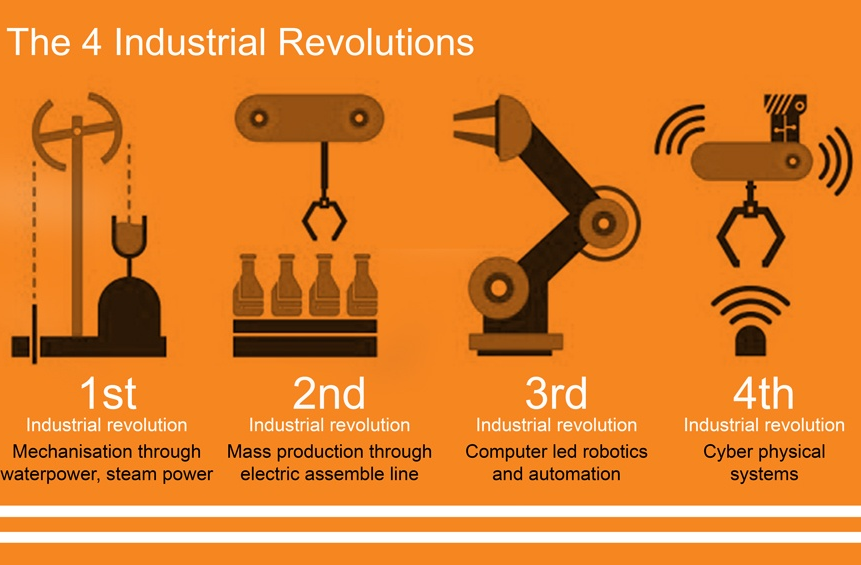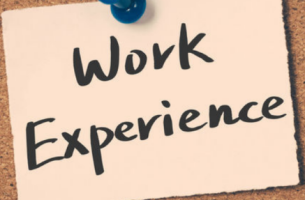The more I researched and considered, a rare luxury of time I have not enjoyed since, well longer than I care to recount, the reality of change for the profession approaches with the vigour of a bush fire. This clarity of focus is the coincidence of many factors, much of which has been written about already by the good and great. However, joining the dots brings the coming upheaval into sharp focus. Equally, the underlying tone is of greater complexity, longer supply chains, blockchain, crypto currency, shorter decision intervals, increased market disruption, new players with no legacy to overcome and so the list goes on.
What does this mean? What this means is that systems (ERP, P2P), processes (category management, supplier registration, supplier due diligence), data (siloed into finance, HR, procurement, legal, IT) are on the cusp of a revolution through digitalisation, API’s, AI, advanced algorithms and a duality of transparency-security we could never have imagined, even a decade ago. The reality is nearer than we think!?
The coming generations will want, and rightly so, a more sustainable world, greater emphasis on ethical and transparent practices and talent will be more transient by nature. Oh, and the baby boomers’ generation will, by and large, be headed into retirement!
The introduction of data scientists, chief digital officers, augmented reality, robotics and the reshaping of other functions and roles around them will force organisations to reinvent and reconfigure the new operating models needed. This in turn means that the call from business to change our ways, especially in procurement will grow ever louder. Reinforcing and bringing to the fore soft skills; having the key attributes of trust, collaboration, fairness, EQ as the new entry ticket to the new breed of “value architects”.
This reconstructed role will not only have the skills and competencies derived from social, decision and behavioural sciences, et al but will be known for value creation through, but not limited to;
- Making sense and translating internally and externally the contributions from internal subject matter experts and the wider supply (value) chain.
- Incremental innovation to create competitive advantage as a facilitator or enabler
- Articulate value over cost savings
- Ensure reputational guardianship *
- “Bridge builders”
- Aggregate and integrate the best of what is available
- Creatives that exude the entrepreneurial spirit and business acumen of a start-up leader
- Be recognised for critical thinking skills
- Understand where and how intervention will positively contribute to an outcome and be the one to create the (choice) architecture to achieve this
- Socialise the use of decision support systems
- Challenge socially constructed traits (enable talent to contribute where it can, not where it is allowed)
* avoiding the “Weinstein affect” by constantly recalibrating what acceptable behavioural benchmarks are current and expected.
Defining the critical skills required
In 2016 the World Economic Forum (WEF) listed SEVEN critical skills for jobs for the future as the following; 1. Critical thinking and problem solving 2. Collaboration across networks and leading by influence 3. Agility and adaptability 4. Initiative and entrepreneurship 5. Effective oral and written communication 6. Assessing and analysing information 7. Curiosity and imagination
Professional opinion v business expectations
I carried out a survey (115 responses) to test this WEF view with senior procurement leaders (December 2017) which, told a very different story, showing that getting consensus of opinion of the P&SCM leadership community is bounded by their own rationality¹? Clearly further research is needed to explore this disparity between what a profession sees as what they need to provide versus what organisations expect. In the table below, I have shown the results from my survey, cutting off all responses below 2%.
| Description | Survey count | % |
| Adaptability | 18 | 11.92% |
| Innovation | 17 | 11.26% |
| Emotional Intelligence | 16 | 10.60% |
| Problem Solving | 13 | 8.61% |
| Agility | 13 | 8.61% |
| Leadership | 11 | 7.28% |
| Critical Thinking | 9 | 5.96% |
| Strategic | 9 | 5.96% |
| Curiosity | 6 | 3.97% |
| Learning | 6 | 3.97% |
| Team player | 5 | 3.31% |
| Trusting | 5 | 3.31% |
| Good Communication | 4 | 2.65% |
| Technological Awareness | 4 | 2.65% |
I recognise this looks and feels very different to what we know of the utility maximising agents that procurement is known and recognised for by business today. However, the need for change is imminent and this will not be an easy or quick journey. For those that have the agility and disposition to attain this new skill set, organisational demand will reward them well.
1 - Bounded rationality – relates to the concept that when individuals make decisions, their rationality is limited by the tractability of the decision problem, the cognitive limitations of their minds, and the time available to make the decision, seeking a satisfactory solution rather than an optimal one. Herbert A. Simon proposed bounded rationality as an alternative basis for the mathematical modelling of decision-making, as used in economics & political science.
About the author: David Loseby MCIOB, FCMI, MAPM, FCIPS, MIoD, FRSA. David is Co-Editor/Author for UMIST MSc Pharmaceutical Engineering & Author of SoftSkills for Hard Business (Behavioural Procurement). He is currently studying for a PhD at University of East Anglia in Behavioural Science.
If you are looking for top talent with all the skills required to surf the 4th industrial revolution please call us for information regarding candidates we are working with on 0161 825 0825 or alternatively, register a procurement vacancy here



